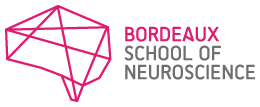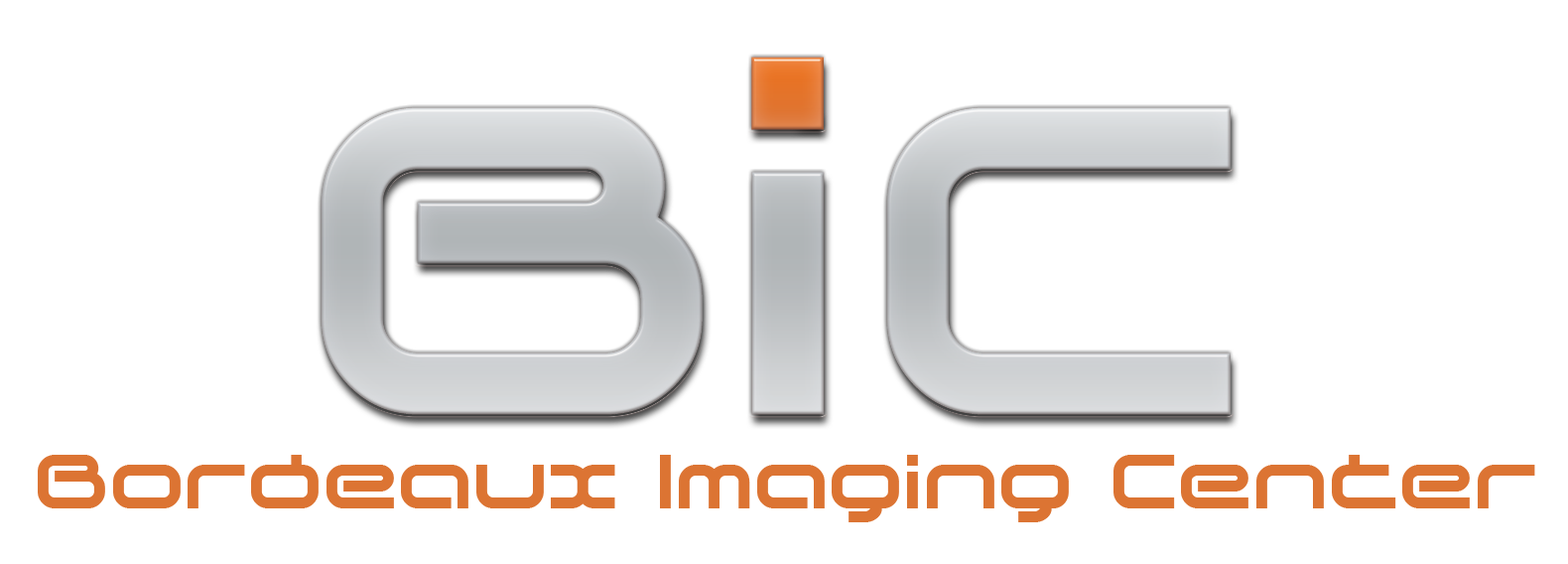Optical techniques have become indispensable for biological research in recent decades. Systems neuroscience has seen some of the most exciting developments in this regard, following the development of genetically-encoded biosensors and actuators that allow multi-modal interrogation of neural circuit function. This course will provide participants with an in-depth understanding of the principles behind the design and application of these tools, and enable hands-on experience with optogenetic and chemogenetic actuators and with genetically encoded reporters of calcium, voltage and metabolism. Experimental work will span a wide range of systems and experimental preparations, utilizing standard microscopy methods as well as advanced hardware for parallel excitation and imaging of neuronal circuits. In addition to the practical aspects of utilizing these powerful tools, the course will cover the conceptual issues of data analysis and interpretation.
Course director & co-directors
> Ofer Yizhar
Weizmann Institute of Science (Israel)
> Sandrine Pouvreau
Bordeaux Neurocampus (France)
> Michael Lin
Stanford University (USA)
Instructors & projects
> Download the complete BACSN Instructors list & the complete BASN Projects list
Click here for more information about this course

Keynote speakers
Haruhiko Bito (Tokyo University, Japan)
Karl Deisseroth (Stanford University , USA)
Stéphane Dieudonné (Institut de Biologie de l’École Normale Supérieure, France)
Valentina Emiliani (Paris Descartes University, France)
Oliver Griesbeck (MPI for Neurobiology , Germany)
Peter Hegemann (Humboldt University , Germany)
Thomas Kash (University of North Carolina , USA)
Thomas Oertner (Hamburg Eppendorf University, Germany)
Mark J. Schnitzer (Stanford University, USA)
Scott Sternson (Janelia Research Campus, USA)
Ryohei Yasuda (Max Planck Florida Institute , USA)







